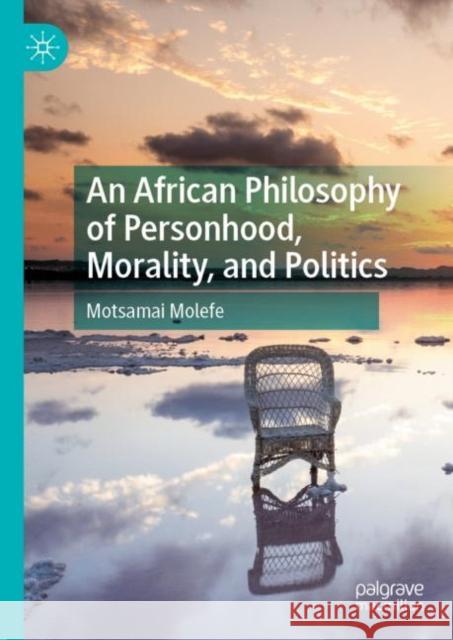An African Philosophy of Personhood, Morality, and Politics » książka
topmenu
An African Philosophy of Personhood, Morality, and Politics
ISBN-13: 9783030155605 / Angielski / Twarda / 2019 / 179 str.
Kategorie BISAC:
Wydawca:
Palgrave MacMillan
Język:
Angielski
ISBN-13:
9783030155605
Rok wydania:
2019
Wydanie:
2019
Ilość stron:
179
Waga:
0.38 kg
Wymiary:
21.01 x 14.81 x 1.27
Oprawa:
Twarda
Wolumenów:
01
Dodatkowe informacje:
Wydanie ilustrowane











